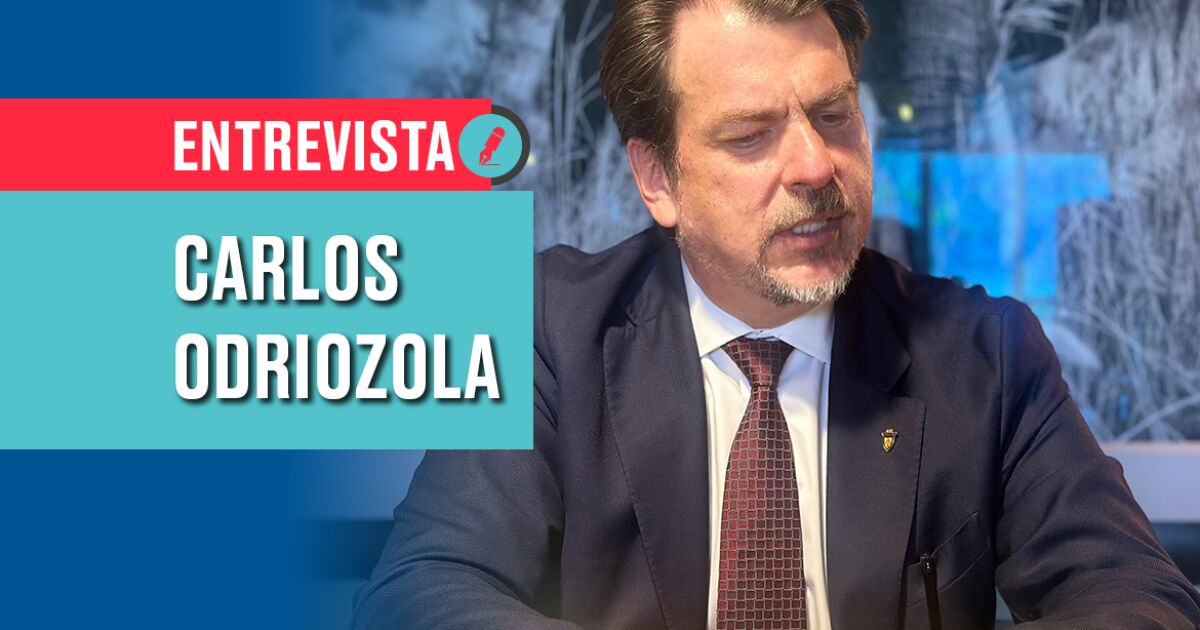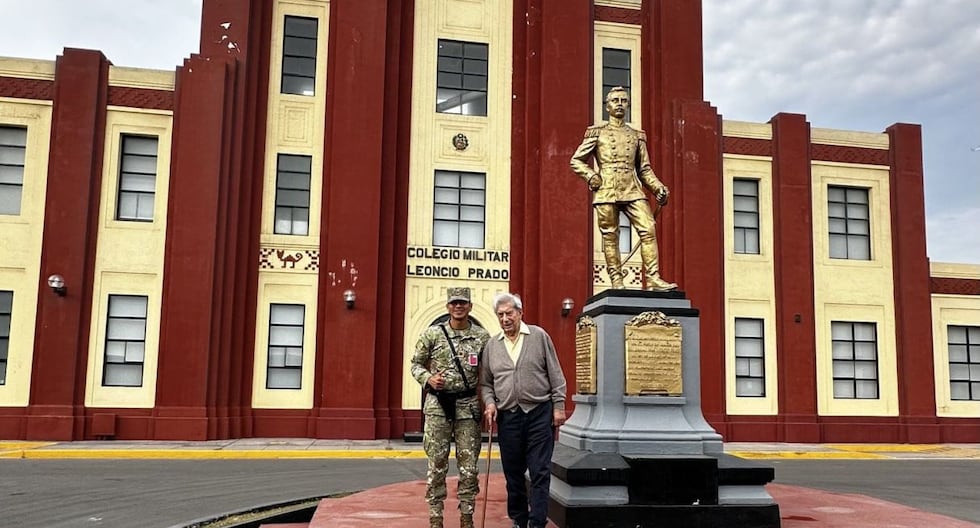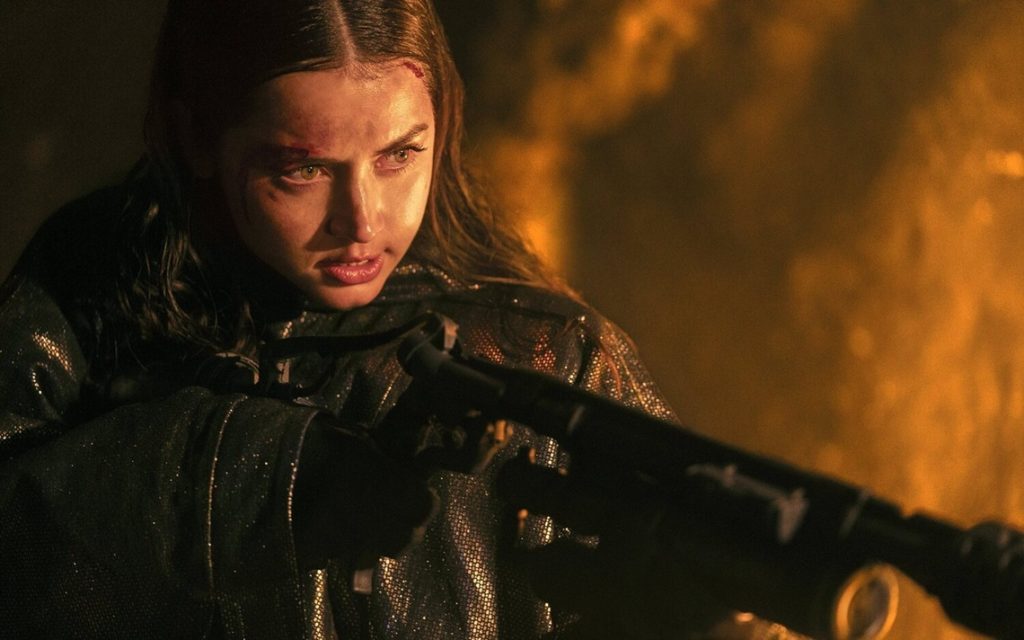Odriozola brought the defense of ejidatarios of Holbox Island, Quintana Roo; He also represented a law student with children’s cerebral palsy that faced labor discrimination, and fought a legal battle to withdraw the Aztec Eagle Aguila to Jared Kushner, Donald Trump’s advisor and son -in -law.
“I have that duality: I am an academic, I have given law classes in universities and I have litigated at all levels reaching the supreme court,” Odriozola points out.
“I have forced them to give us the right and say forced because I have arrived with the same matters of discrimination one, two, three times (…) and, at the tip of being trying, we have achieved jurisprudence for the benefit of people.”
Who is Carlos Odriozola?
I am a lawyer from the National Autonomous University of Mexico, where I learned a lot of social content and I was instilled to fight for respect for social justice to people.
Then, in 2007, I founded an NGO called Center against discriminationprecisely attending to that need for justice to really lead to people, because we realized that in Mexico only people with resources open the doors to justice.
Then, through that NGO we begin to make strategic litigation for 20 years, with the aim of sitting at the supreme cut that permeated in society.
Why do you want to be Minister of the Supreme Court?
I want to be a minister because what the Supreme Court decides permea throughout the legal system. Everything that the Supreme Court indicates will have to be mandatory, depending on the rules of the jurisprudence at that time applicable, for collegiate circuit courts and for district judges.
It is very important to reach the Court because everything that is decided there permeates throughout the legal system.
What are your weaknesses and strengths in front of the other contestants?
I have been litigating for 30 years, I would sometimes say against, even, of the Supreme Court, which is a great advantage, because it is not the same to be on the side of the judge, in the comfort of its seat, than being in court from the origin, from where the matter begins to where it ends and accompanying the client, the vulnerable person, in his claim of justice.
That allows us to meet the people who dedicate themselves – as I – to the litigation and we are few in the case of the candidates; That allows us to know the entire legal system from the beginning, from the most humble, say, of the judicial hierarchy to the most raised that the Court is, which we have arrived many times and with good results that has not been easy.
How to win a place in the Supreme Court? And more when the women’s candidates are the most exposed, the ones that are known more.
Women and men are not competing among us. Obviously, there will be some impact on campaigns, possibly involuntary, but hey, men compete against men. We are 31 men who compete for four sites.
The vast majority, 80% or 85% are judicial officials who have already passed through that justice system. Another important percentage are mainly investigators, which is very commendable, but they have never stopped in a court; Then, they don’t really know the intrigues of justice.
I have that duality: I am an academic, I have taught in the Postgraduate of the UNAM, I have taught law in universities, I have taught human rights, which seems important to me, because we have developed them from the academic point of view and we have litigated at all levels reaching the supreme court.
What could contribute to the Court?
We are going to provide a very broad and very pro-person vision of what human rights are, and that is very important, because it is not only enough to recognize it. We are talking, in the case of human rights, international treaties of the 70s; We are talking about more than 50 years ago and they are international treated that said and say the same, why we are now worrying about saying: ‘Let’s see, right now I will guarantee your rights.’
Right now what is needed is to apply them and apply them effectively and in my case, as a litigator, I know what is the way to do it.
He has been a lawyer for more than 30 years, but he has no judicial career. Do you think that puts it at a disadvantage?
It is a great advantage because I have been a lawyer for 31 years, 20 years litigating the Supreme Court and, although it does not pay me and I am not an employee of the Judiciary, I am on the other side of the railing. I have the experience in the judicial struggle, because to be in court, two optics are required: the one on the side of justice and the one on the side of the justiciable, of the person who asks for justice.
I have been on the side of the person who asks for justice and that also makes you known the judicial system; That is, the administrative system of how the pencil is requested and how the sheet is requested, I think here should not care to anyone.
He put a complaint against the INE against some candidates, including Yasmín Esquivel and Loretta Ortiz. Do you think there is a stop floor for all the contestants?
Without a doubt there is no even floor. This information is public, in the sense that there are support, which are not being given to all candidates. They say the guidelines (of the INE) that, at the outset, if there are campaign acts that were sponsored by some type of association, it should be based on equity.
This means that they will have to invite all the candidates and candidates at least of the same category of position to which it is aspired and in this case it has not been so. I did not receive any invitation from the organizations that invited these candidates.

















